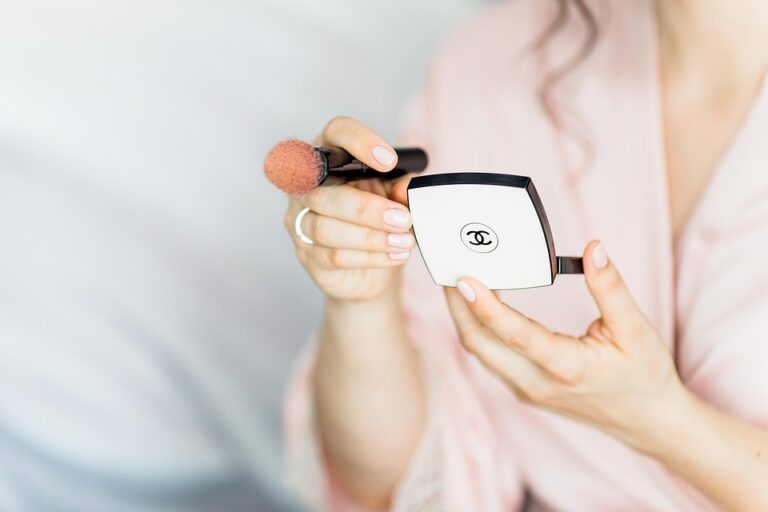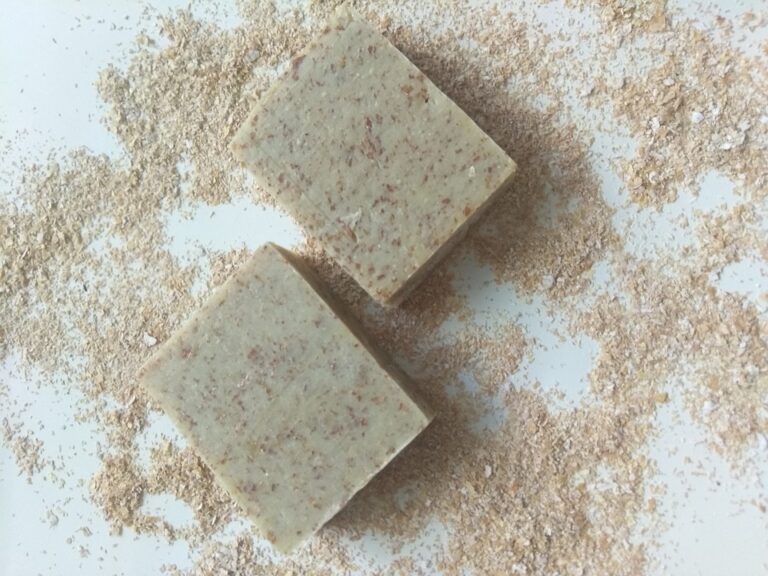
The Evolution of Facial Wipes: A Comprehensive Guide to Their History and Usage
Facial wipes have become a staple in the beauty and personal care industry, offering a quick and convenient solution for cleansing and refreshing the skin. Yet, the journey of these handy little cloths is far from straightforward. The evolution of facial wipes reflects broader changes in consumer behaviour, technological advancements, and even cultural attitudes towards skincare.
1. The Humble Origins
The concept of a disposable cleansing cloth dates back to the mid-20th century. While moist towelettes were first introduced for sanitary uses—think baby wipes and restaurant napkins—cosmetic companies soon realised the potential for skincare. The 1970s saw the introduction of the first commercially available facial wipes. These early versions were often nothing more than cotton pads soaked in micellar water, designed to remove makeup and dirt with minimal fuss. However, the efficacy of these initial products left much to be desired, raising questions about their actual cleansing power.
2. Technological Innovations
As the 1980s rolled in, so did innovations in fabric and formulation. Advances in non-woven fabric technology led to softer, more durable wipes that could hold up against scrubbing without tearing. Additionally, the introduction of various cleansing agents—such as alcohol, glycerin, and essential oils—transformed the effectiveness of these products. Brands like Neutrogena and Johnson & Johnson began to popularise facial wipes, touting their convenience for busy lifestyles. Yet, amid this boom, one must ponder: were consumers truly aware of the ingredients they were applying to their skin?
3. The Rise of Eco-Consciousness
Fast-forward to the 21st century, and the landscape of facial wipes underwent another significant transformation. With growing environmental awareness, consumers began questioning the sustainability of single-use products. This shift prompted brands to explore biodegradable and plant-based materials, striving to meet the demand for eco-friendly alternatives. According to a report by Statista, approximately 50% of UK consumers expressed a preference for sustainable packaging, forcing the industry to adapt or risk obsolescence. The question remains: can convenience and sustainability coalesce without compromising the quality of the product?
4. Cultural Shifts in Skincare
Culturally, the perception of skincare has evolved dramatically. No longer is it merely an afterthought; it has become an integral part of self-care rituals. The rise of social media influencers and skincare enthusiasts has elevated facial wipes from a simple cleansing tool to a lifestyle accessory. Platforms like Instagram and TikTok are awash with tutorials and reviews, shaping consumer choices and preferences. This begs a critical inquiry: how much influence does social media truly wield over our skincare regimes, and are we too reliant on quick fixes?
5. The Future of Facial Wipes
As we look to the future, facial wipes are likely to continue evolving. The integration of smart technology, such as wipes with embedded sensors that adapt to individual skin types, could redefine personalised skincare. Moreover, the ongoing dialogue surrounding sustainability will persist, urging brands to innovate responsibly. However, with convenience at the forefront, one must ask: will the industry prioritise efficacy over eco-friendliness, or can they strike a balance?
The journey of facial wipes encapsulates a broader narrative within the beauty industry—a tale of innovation, consumer demand, and cultural shifts. As we navigate this dynamic landscape, it is crucial to remain informed and discerning. After all, the choices we make today will shape the products of tomorrow.
At BargainsTrust, we remain committed to bringing you the latest insights and recommendations on quality products, ensuring that your skincare journey is both informed and rewarding.







